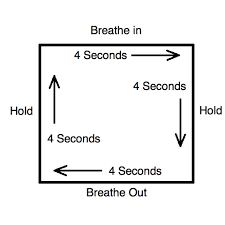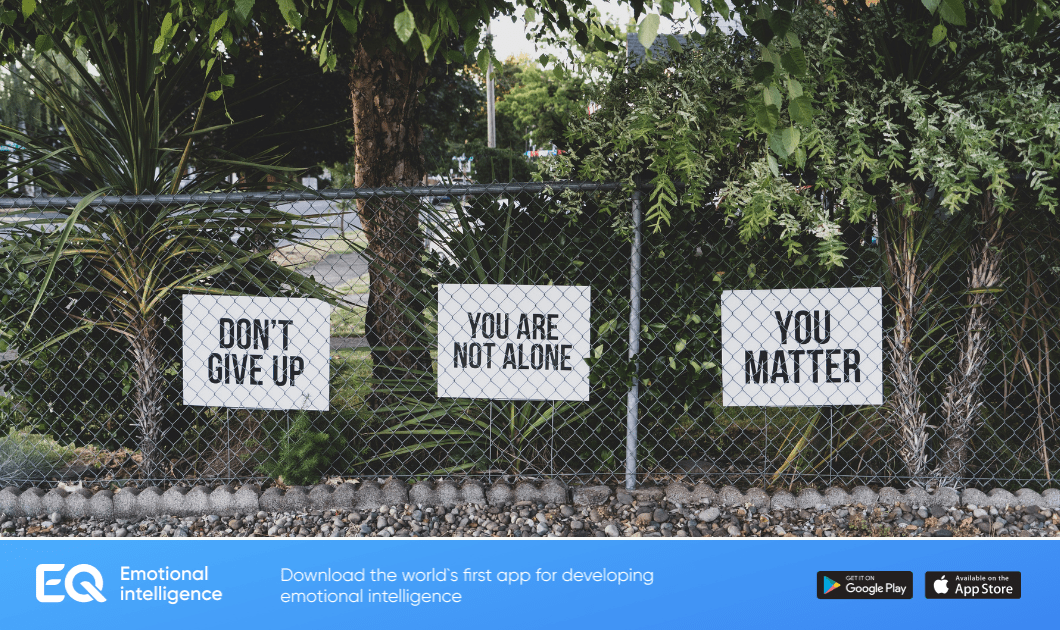Anxiety is the excitement, excitement, anxiety, fear, or anticipation of something bad. And, very importantly, anxiety is often quite vague and indistinct – we are afraid of unclear things or many things at once.
Such anxiety is a very natural and normal reaction of the body. In the usual sense, anxiety helps to mobilize forces and draws attention to solving a situation.
But when anxiety becomes constant, annoying, and draining, psychologists often call this condition anxiety disorder or increased anxiety. It is exhausting, a person begins to feel anxiety for any reason or even no reason at all. Anxiety is already a psychological feature, a person’s tendency to feel anxiety more often and more strongly.
We will talk about anxiety and heightened anxiety. Anxiety can be different – it can be objective, associated with the instinct of self-preservation. And it can be neurotic – when there is no external danger. That is, anxiety is a subjective emotion.
Causes of anxiety:
· The struggle between “I want and need”, between “I want but I can not” – situations of intrapersonal conflict;
· Excessive expectations (either the person sets a very high “bar” for himself, or excessive demands come from parents, for example, the popular “learn well”);
· Situations of blackmail and manipulation of you by other people;
· Dissatisfaction with existing needs;
· Financial or professional instability, instability.
Stages of anxiety
– Anxiety of anticipation. People who anticipate the most unfavorable of all possible situations suffer. Such anxiety may appear at times or haunt a person constantly.
– Anxiety in the form of phobias is associated with certain situations and objects. For example, fear of loneliness, spiders, or darkness. It can be a clinical case if it manifests itself in the form of panic attacks.
– Neurotic anxiety. This form of anxiety is the most serious and occurs in many psychological diseases: hysterical, schizophrenic. There is a pathological level of fear that destroys a person’s mental health.
A typical form of anxiety is the “chewing” of thoughts that you cannot accept. For example, “I can’t believe they’re doing me dishonest things,” “Why is life so unfair?” or, “I can’t understand why this happened.” When you “think” in this way, you are trapped in your mind. None of these futile thoughts are a formulation of the problem to be solved.
Characteristic features of an anxious person:
• Excessive emotional reactions to failure.
• Decreased performance in stressful situations or in a short time.
• Fear of failure that outweighs the desire to succeed.
• The situation of success serves as a stimulus and motivation for action, the situation of failure – “kills the desire to work.”
• Perception of the whole world or many objects as dangerous, although in reality, this is not the case.
How to stop worrying?
Despite the naive advice to “just stop worrying” worry more effectively. The most important thing is to be able to determine when to pay attention to anxiety and when to forget about it. To do this, use three steps:
· Distinguish productive anxiety from unproductive;
· Cope with unproductive anxiety without active anxiety;
· Turn productive anxiety into a problem. And do it as soon as possible.
How to reduce anxiety in everyday life
. Look for the cause of the anxiety
If you present a negative scenario – think about how you will act in such a situation that will help you solve this problem. This way you will understand that you will be able to cope with possible difficulties, and therefore there is no reason to worry.
⦁ Focus on the body
Experts from the American Anxiety and Depression Association (ADAA) say that exercise helps a person reduce anxiety. During sports, you focus on your physical condition, and all resources are aimed at supporting it. One workout will help relieve symptoms for a few hours, and regular exercise can
significantly reduce them over time.
⦁ Reduce the number of alerts
Frequent use of gadgets can be a factor in anxiety.
If alerts are constantly appearing on your phone.
Leave only the most important – the rest of the chats, news resources are easy
periodically check.
⦁ Solve math problems and get creative
If anxiety does not allow you to do your usual things, confuses your brain. These can be exercises in physics, mathematics, or chess. You can count in the mind in reverse order, and add and multiply random numbers.
⦁ Watch your breathing
Researchers at Stanford University have found a link between breathing and our emotional state: the more shallow we breathe, the higher the level of anxiety and worry. Therefore, deep breathing practices should be performed periodically. A simple but effective technique will help you:
Square Breathing Technique
Sit or stand comfortably, if you want, close your eyes.

1. Take a breath, at the same time counting yourself: “one thousand one, one thousand two, one thousand three”.
2. Hold your breath while counting on yourself: “one thousand one, one thousand two, one thousand three”.
3. Exhale while counting on yourself: “one thousand one, one thousand two, one thousand three”.
4. Hold your breath while counting: “one thousand one, one thousand two, one thousand three”.
Repeat this cycle for 3-5 minutes. The duration of each step – “one side of the square” may change slightly. It can be equal to 4 times the score, or you may feel your heart rate and you will be comfortable measuring the score on it. The main thing is that the duration of inhalation, exhalation and pauses was equal to each other, and the rhythm, which was determined in the first minutes, was maintained throughout the technique.
⦁ Record your experiences in writing
Describe how you feel and explain the reason for your anxiety. After reading this post in a few hours, you will look at the situation from the other side, as if it did not happen to you. In this state, new ideas and solutions can come to you.
How to learn to accept reality?
⦁ Allow yourself to rest
Anxiety can be caused by constant haste and the thought that you are not doing anything. An intensive work schedule and multitasking mode can increase the level of anxiety. Accordingly, you need to allow yourself to rest and take short breaks during the day. This way you can also strike a balance between work and personal life.
Thus, we cannot completely hide from everyday anxiety, which we do not really need; our lives would be completely carefree, and we would not see it in such natural bright colors.


Recent Comments